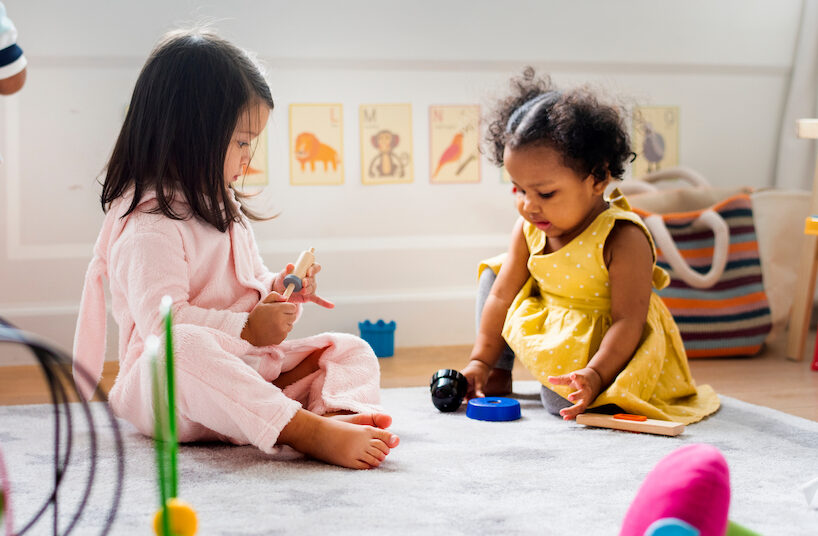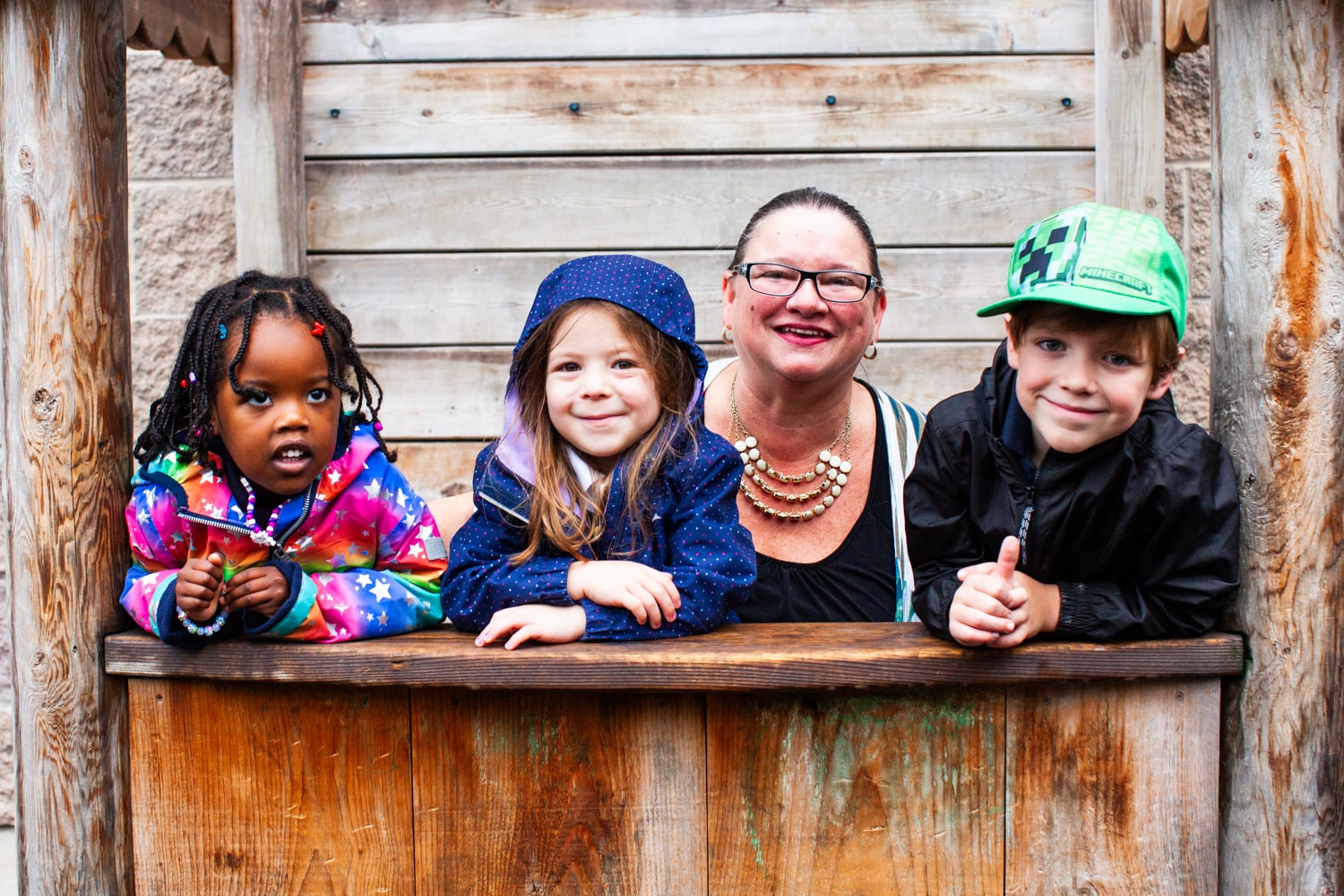Early childhood education programs have become very popular in recent years. Different educational institutions and policy makers recognize and acknowledge the numerous benefits of early childhood education for children below the age of eight, as this is the period when they go through rapid growth and development. In fact, it is believed that the brains of children develop faster during these years than at any other point in life.

The foundations for your child’s cognitive skills, perception of the world, social skills, moral outlook, and self-esteem are established during these years. While early childhood education involves a lot of fun and games, it also helps in the healthy development of these vital skills and others, including:
- Early literacy
Literacy is the core and base level of teaching that enables children to learn and build on other skills. Educators create effective literacy plans that reflects on the interests and developmental stages of the children. The skills imparted in early literacy include visual and verbal identification of the letters of the alphabet; phonological awareness; vocabulary acquisition; and print awareness. These help to prepare children for the more rigorous literacy requirements in elementary school. - Language development
About 75 per cent of preschool activities involve learning through listening – story telling, listening to music, etc. Learning how to listen actively requires practice, and in turn, helps in the development of language and literacy. - Inhibitory control
Compared to an elementary school classroom, a preschool classroom is more physically engaging, with a mixture of sitting, standing, dancing, and other activities. This kind of environment is important to introduce them to the different settings in elementary school and inculcate good learning habits, especially the ability to focus on individual work, and interact appropriately with other children and the teacher. - Motor skills
Preschool is a meaningful time to develop a child’s fine motor skills with activities such as drawing shapes, writing letters, forming words, using tools (like crayons and scissors), and even using a PC computer. - Social and emotional skills
Exposing your child to other children of the same age fosters the growth of their social skills by making friends, sharing, taking part in group work, and participating in class discussions, among other things.
Although activities may in early childhood programs seem like just fun and games, with things like art, story time, music, and dancing, these activities actually involve a lot of brainwork. Enrolling in these settings help your child develop good learning habits, problem solving skills, and positive self-esteem through play and creative activity.
For more information on early learning programs, including the benefits and finding an appropriate preschool, please visit ChildVentures.ca.


